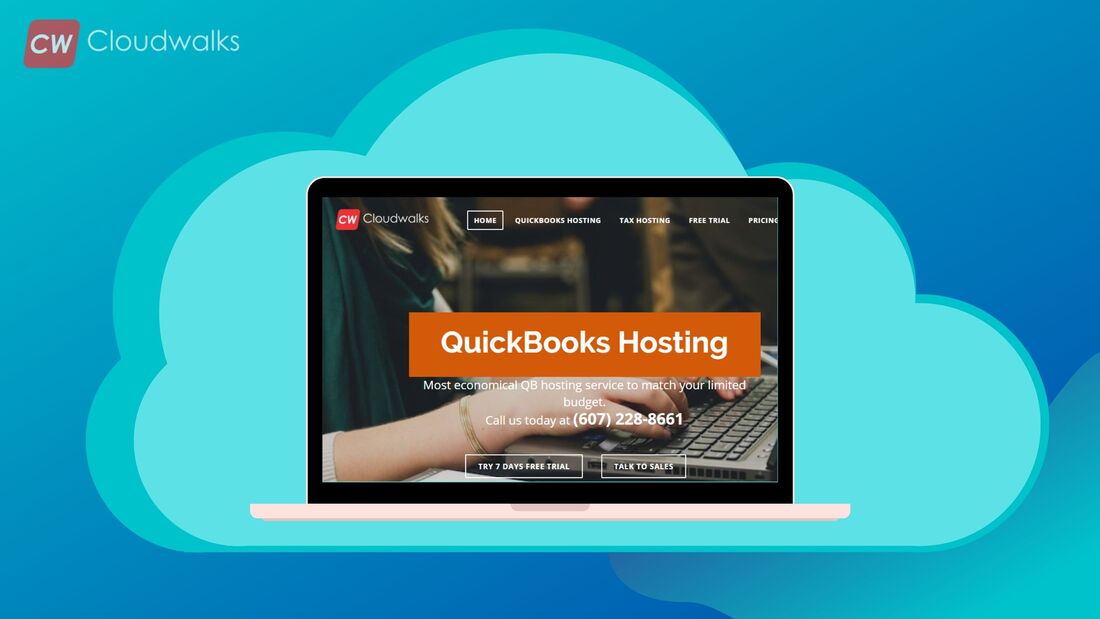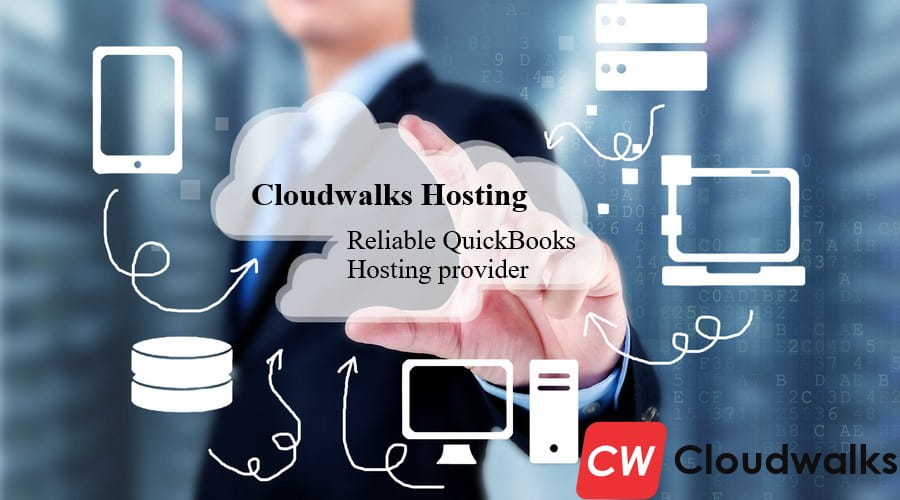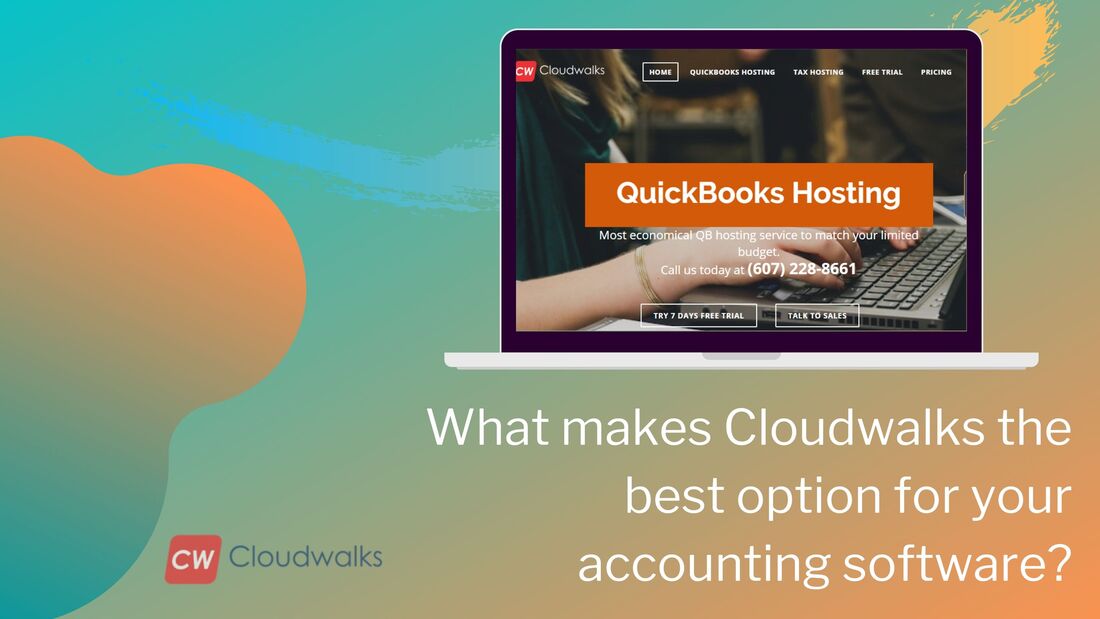|
According to a research, it has been found that around 72% of the self-employed people in UK file taxes on their own but the majority of them find the tax filing process to be quite complex, stressful and time-consuming. That’s the reason why more and more people are now moving towards professional taxpayers. But there are still many people who are ready to take the headache of filing taxes on their own because they have the power of some of the most advanced accounting and tax software which makes their life easy. These advanced and easy to use accounting and tax software allows even an amateur to file taxes on his own and get done with the tax season without hiring a tax expert or making the process too complex. So, in order to aid all these SMEs’ owners who file taxes on their own with the help of accounting and tax software, we have compiled a list of 10 most essential accounting terms which every SME owner should know in order to file their taxes seamlessly and deal with their accounting operations with ease. Bill vs. Expense The confusion of bill and expenses arise when you add business cost. But in order to categorize your business cost on the right shelf, you need to understand the very simple difference between the two. If the cost is already paid then it is considered as an expense and you will get a receipt for its confirmation while on the other hand, if the cost isn’t paid then you need to enter it as a bill. Bookkeeping vs. Accounting Many people think that bookkeeping and accounting both are same things but they are very different from each other. All those activities which are done in order to make sure that the tax records are in order are known as bookkeeping. Documentations, data entry, calculations, all these things can be considered as bookkeeping. While on the other side, accounting is a broader term which includes reporting, tax advice, analysis, along with bookkeeping as well. Cash vs. Accrual accounting These two types of accounting are adopted by different kinds of business and it is based on their turnover and needs. If a business is dealing in low turnover then it basically deals in the cash accounting in which income for that particular business is considered as payment arrive and the business expenses are recorded as they are paid, while accrual accounting is based on receiving and issuing documentation instead of payments. Fiscal Year The period of time used by companies for accounting purposes and for preparing financial statement is known as a fiscal year. There are chances that the fiscal year may coincide with the calendar year but they both can be different as well, for example, it can be from October to September and in some cases July to June as well. The end time and start of the fiscal year is decided by the company in most of the cases and it also depends on how long the company will take to close out the books including the time taken for preparing federal and state taxes. GAAP Generally Accepted Accounting Principles (GAAP) is basically a guideline for proper financial and accounts reporting. The compliances mentioned in GAAP are basically more important for all those companies which fall in the category of publicly traded companies. But along with publicly traded companies, there are many lenders and investors who need the GAAP compliances. If you have hired a good accountant or bookkeeper then he will make sure that all your financial statements are GAAP compliant even if your firm isn’t a publicly traded company. But you on your own can’t state that your financial records are GAAP compliant as for this, an external audit is required. Cloud accounting Another big thing about which every business owner should know is cloud accounting. Cloud accounting is the most advanced technology of the modern day era which is making the accounting operations easy, accurate and quick. Cloud accounting is the simple accounting solution of using your accounting software on the cloud platform by hosting. The SME has to choose the best cloud hosting provider and then select their cloud package. After that, the accounting software of the SME is shifted to the cloud and he gets numerous benefits with it like high uptime, better collaboration, enhanced accuracy, pocket-friendly price, anywhere, anytime accessibility, etc. Dividends Dividends are simply the earnings of the company that are regularly distributed among the company’s shareholders. The percentage of profit that will go in dividend or simply the dividend amount is mainly decided by the company’s board of directors and the amount of dividend can be issued as cash, share of stocks or other property. All the small business owners who choose to work as limited instead of sole trader have the ultimate option of paying themselves in the form of dividends. One of the most basic differences between a dividend and a salary is the level of taxation and social security contribution. General Ledger The basis of your whole bookkeeping system is known as General Ledger. In layman’s language, it’s the complete record of all the financial transaction of your business from the starting of the business. Chart of accounts is used to categorize the general ledger. Keeping multiple backups of your general ledger is very important because disaster never comes with a warning sign and if any type of disaster leads to data loss for your business then in such cases, your accountants can reconstruct the financial data of the business by using the data available in the general ledger. Equity The total amount of money invested by the owners of the company is known as equity. In case of a very small company where there are only a handful of owners, the above-mentioned equity can also be called as owner’s equity. Bad debt expense This is basically an entry on the firm’s income statement that tracks non-collectible accounts receivable during a specific period of time.
If you will be aware of the above-mentioned accounting terms then your life as an amateur accountant who is also the owner of a company will become easier. With a little bit of knowledge about accounting and with the help of accounting software, you will be able to file your taxes on your own and carry on with your accounting operations seamlessly.
0 Comments
Your comment will be posted after it is approved.
Leave a Reply. |
Most useful blogs |
Hosted Applications |
Tax Hosting Services |
Accounting Applications |
ContactAddress
Cloudwalks Hosting, Inc. 40 Exchange Place, Suite 1602 New York, NY 10005 |
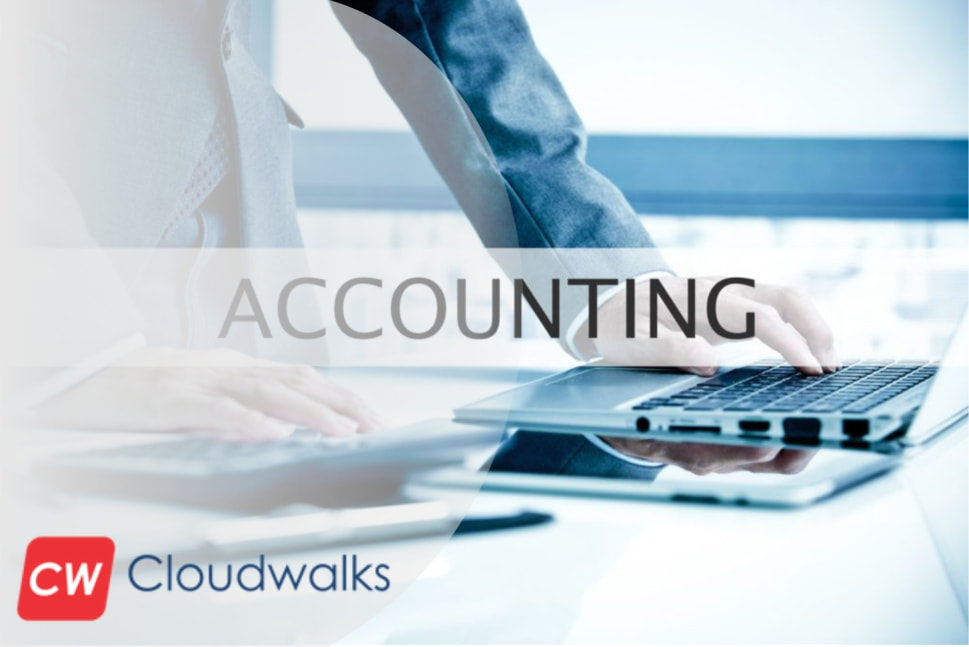
 RSS Feed
RSS Feed
